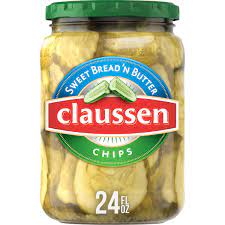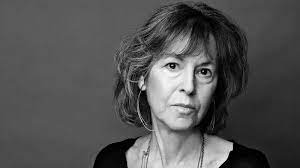
I just completed a poem about suicide. Well, tangentially about suicide. It’s about people who talk about suicide. (But as we all know, talking about suicide is a red flag that friends and family should pay attention to.)
Anyway, I shared my new draft with a fellow poet for feedback. Yes, I got my critique, but as occasionally happens, I also got a “this reminds me of” connection, which reminds ME of the fact that all writers, dead and alive, are part of a great, ongoing conversation, only the dead ones’ talking has to come in the form of words frozen in the amber of time.
In this case, the connection that my friend immediately thought of was Tony Hoagland’s poem, “Suicide Song.” Now here’s the thing about sending the author of a newly-minted poem a long-ago published poem to read. It creates unfair comparisons. Just when a writer’s feeling good about himself and his new poem, toiled over for 14 versions before being ready for a reading–BAM!–said writer gets hit upside the head with a finished product on the same topic, one that sings like a nightingale beside his newly-minted croaking crow. Caws for concern, I assure you.
But still, you have to admit, no matter what the situation, reading a good poem is inspiring, not only as a reader but as a writer. So come along, readers. Take a look-see not at MY suicide poem-in-progress (for that you’ll have to wait), but at the recommended Hoagland song of long ago:
Suicide Song
by Tony Hoagland
But now I am afraid I know too much to kill myself
Though I would still like to jump off a high bridge
At midnight, or paddle a kayak out to sea
Until I turn into a speck, or wear a necktie made of knotted rope.
But people would squirm, it would hurt them in some way,
And I am too knowledgeable now to hurt people imprecisely.
No longer do I live by the law of me,
No longer having the excuse of youth or craziness,
And dying you know shows a serious ingratitude
For sunsets and beehive hairdos and the precious green corrugated
Pickles they place at the edge of your plate.
Killing yourself is wasteful, like spilling oil
At sea or not recycling all the kisses you’ve been given,
And anyway, who has clothes nice enough to be caught dead in?
Not me. You stay alive you stupid asshole
Because you haven’t been excused,
You haven’t finished though it takes a mulish stubbornness
To chew this food.
It is a stone, it is an inconvenience, it is an innocence,
And I turn against it like a record
Turns against the needle
That makes it play.
The poem, despite its heavy topic, takes a whimsical turn when Hoagland tells us that “dying you know shows a serious ingratitude / For sunsets and beehive hairdos and the precious green corrugated / Pickles they place at the edge off your plate.” A lovely particular, that. Saved by corrugated pickles!
Funnier still is the self-admonishment that follows the rhetorical question “And anyway, who has clothes nice enough to be caught dead in?” The answer: “Not me. You stay alive you stupid asshole / Because you haven’t been excused.”
Hoagland may be talking to himself or to someone else, but either way, poetry is a conversation, remember. He’s talking to everyone who reads his words. And if would-be suicides read them and chuckle and say to themselves, “He’s right, I need help and I’m going to get it,” so much the better. We chalk up another to the power of poetry.
